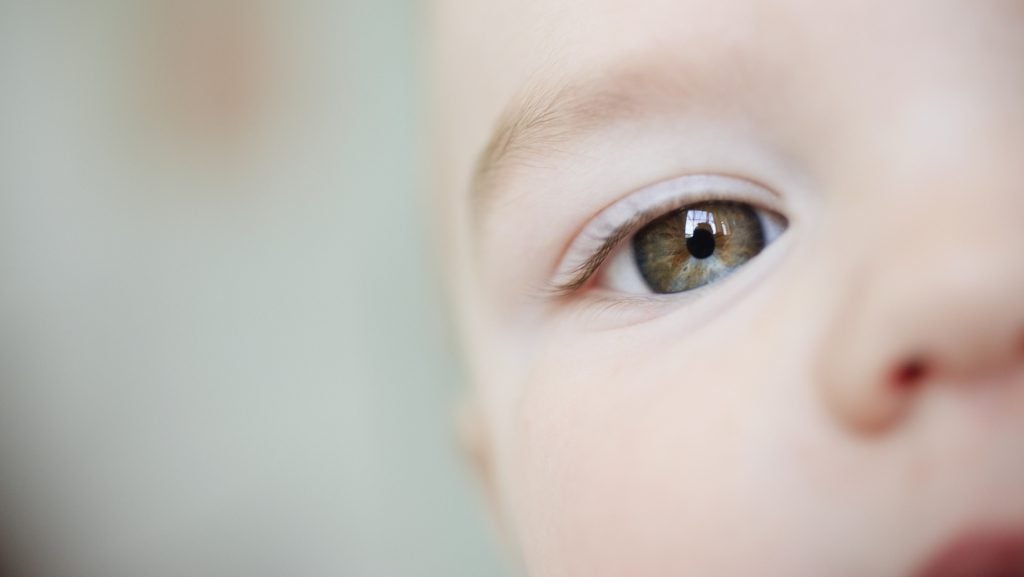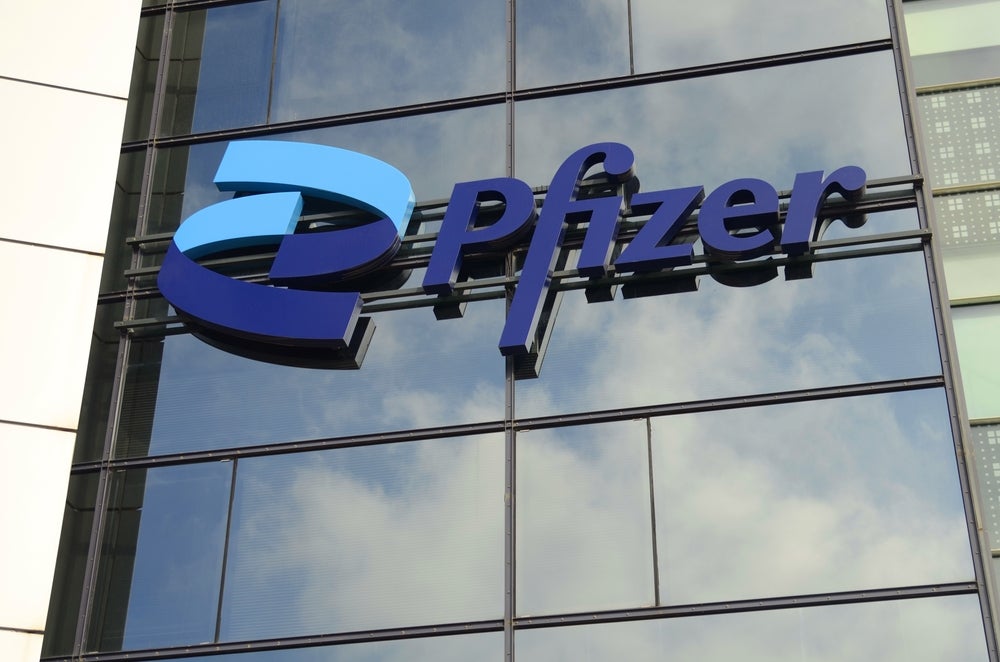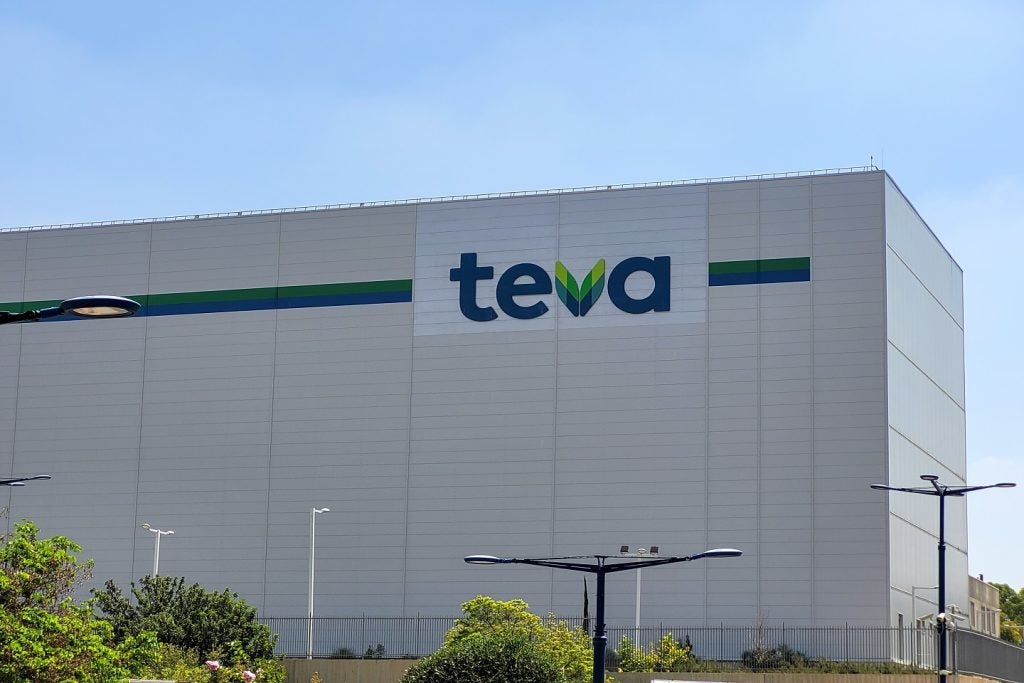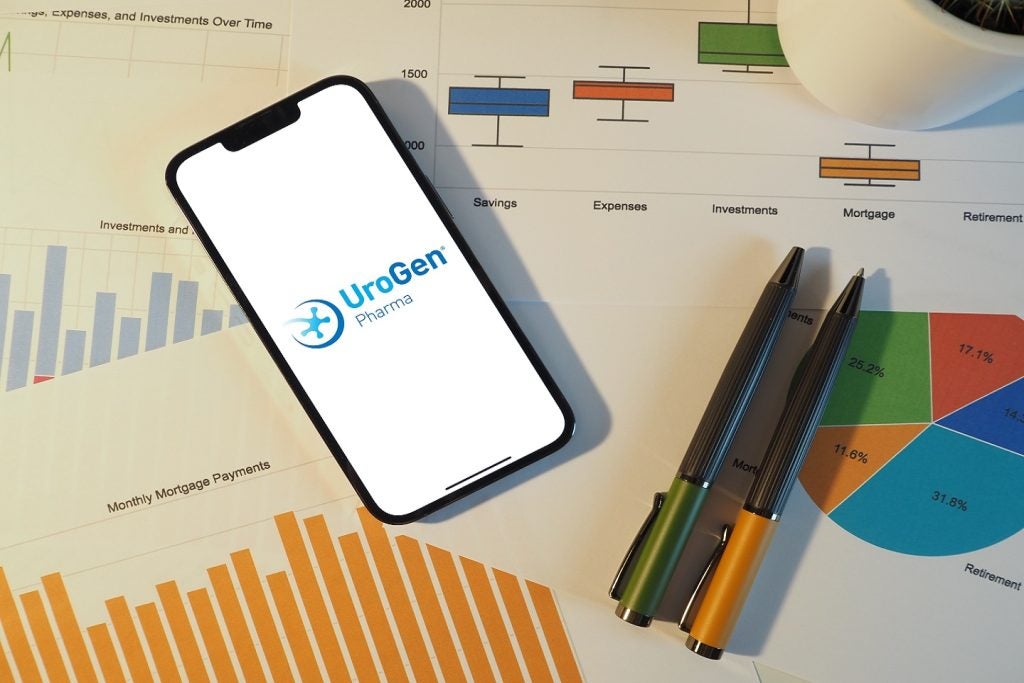
MeiraGTx is advancing its investigational gene therapy toward expedited approval in the UK after 11 children who were born blind from birth gained significant vision improvements following treatment.
The AAV-AIPL1 therapy is designed to address severe sight impairment caused by mutations in the AIPL1 gene. This condition is a form of retinal dystrophy that leads to severe visual impairment from birth, with affected individuals typically only able to distinguish between light and dark.
The gene therapy involves injecting functional copies of the AIPL1 gene into the retina using an adeno-associated viral (AAV) vector, aiming to restore retinal cell function and prevent degeneration.
Results from four of the 11 children were published in The Lancet on 21 February. The first four children treated were aged one to three years with severe retinal dystrophy linked to mutations in the AIPL1 gene. Each child received the therapy in one eye through subretinal injection. Outcome measures included visual acuity assessments, functional vision evaluations, visual evoked potentials, and retinal structure imaging.
Before treatment, the children’s visual acuity was limited to light perception. At an average follow-up of three and a half years post-treatment, the treated eyes showed significant improvement, with visual acuity improving. In contrast, the untreated eyes’ visual acuity deteriorated to unmeasurable levels. Additionally, objective tests confirmed enhanced visual function and electrophysiological assessments indicated increased visual cortex activity specific to the treated eyes. Imaging revealed better preservation of retinal structure in treated eyes compared to untreated ones.
MeiraGTx’s CEO Alexandria Forbes said: “These improvements extended outside the meaningful effects on vision and result in life-changing benefits in all areas of development including communication, behaviour, schooling, mood, psychological benefits and social integration.”
Following these positive outcomes, a second cohort of seven children received treatment in both eyes. All 11 children treated with AAV-AIPL1 have so far exhibited meaningful visual improvements.
One child experienced cystoid macular oedema in the treated eye, which partially improved over time and did not hinder the overall visual gains. No other significant safety concerns have been reported.
In light of these findings, MeiraGTx has engaged in discussions with the UK’s Medicines and Healthcare products Regulatory Agency (MHRA) and plans to submit AAV-AIPL1 for expedited approval. The company is also in talks with the US Food and Drug Administration (FDA) to explore accelerated approval pathways in the US. If approved, AAV-AIPL1 would be eligible for a priority review voucher (PRV).
While gene therapies hold promise for rare diseases, commercialisation remains a challenge. High development costs, complex manufacturing processes, and limited patient populations often deter investment.
Earlier this month, Italian charity Telethon Foundation submitted a marketing authorisation application (MAA) to the European Medicines Agency (EMA) for a gene therapy targeting Wiskott-Aldrich syndrome after the withdrawal of its commercial partner. This marks the second time the foundation has stepped in to support an abandoned gene therapy, following its efforts with simoladagene autotemcel for ADA-SCID. The foundation claims to be the first charity worldwide to take responsibility for drug production and distribution, highlighting the financial and logistical hurdles in bringing gene therapies to market.
The incidence of AIPL1-associated severe retinal dystrophy is estimated to be around one in every million live births. During a call with investors, Forbes stated that the company is exploring all options to ensure global access to AAV-AIPL1, noting “strategic interest” in the therapy.















